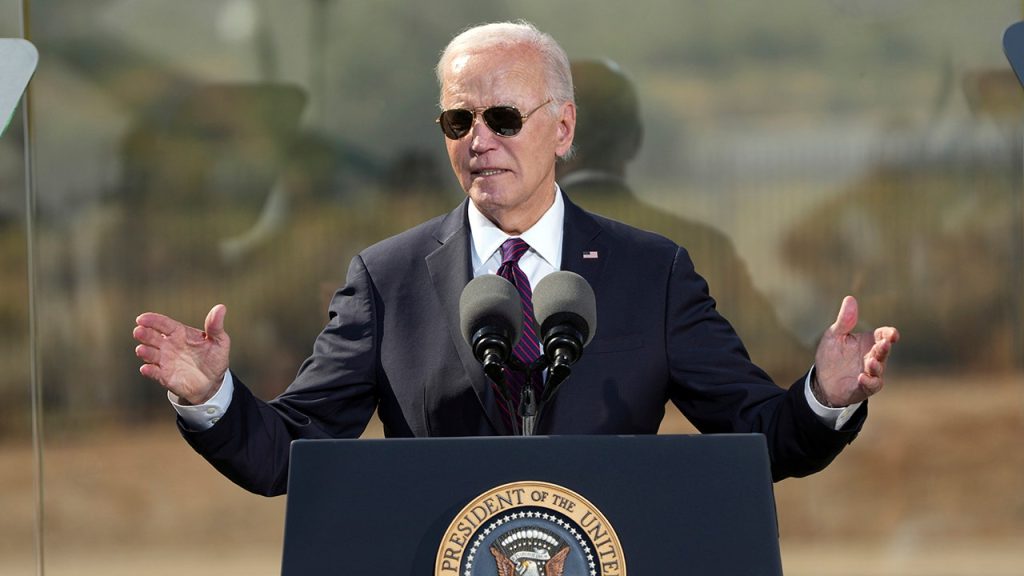President Biden issued a formal apology for the Federal Indian Boarding School Initiative, calling it one of the most horrific chapters in American history. The program, which ran for over 150 years until 1969, aimed to culturally assimilate Native American, Alaska Native, and Native Hawaiian children by forcibly removing them from their families, communities, languages, religions, and cultural beliefs. The President made the apology during a speech at the Gila River Indian Community in Arizona, noting that while the government ended the program after 150 years, there had never been a formal apology until now.
Originally starting as a voluntary program in the 1800s, the Federal Indian Boarding School initiative eventually became mandatory, requiring children to be taken from their families and tribes. This launched what is now known as the Federal Indian Boarding School era, a dark period in American history. President Biden described the actions taken during this time as something that most Americans are unaware of and should be ashamed of. He highlighted the trauma experienced by generations of Native children who were separated from their families, taken to unfamiliar places with strangers, and subjected to harsh treatment, including having their sacred belongings confiscated, their hair cut, and their names replaced.
Biden emphasized the tragic consequences of the Federal Indian Boarding School Initiative, noting that at least 973 Native American children died during the program, and over 18,000 were taken from their parents. He acknowledged the immense suffering and trauma experienced by Native communities as a result of this government policy. The President’s apology was part of a broader effort to address historical injustices faced by Indigenous peoples in the United States and to begin the process of healing and reconciliation. Additionally, Biden highlighted the importance of educating the public about this dark chapter in American history to ensure that it is never repeated.
The President’s formal apology for the Federal Indian Boarding School Initiative was a significant moment in acknowledging and addressing the historical trauma experienced by Native American, Alaska Native, and Native Hawaiian communities. By publicly recognizing the atrocities committed during the program and taking responsibility for the government’s role in perpetuating them, Biden sought to honor the resilience of Indigenous peoples and work towards a more just and equitable future. The apology was part of a broader effort to strengthen the relationship between the federal government and Native communities and to advance initiatives that promote healing, justice, and equity for all Indigenous peoples in the United States.
In his speech, President Biden emphasized the need for ongoing efforts to address the legacy of the Federal Indian Boarding School Initiative and other injustices faced by Native peoples in the United States. He called on all Americans to learn about this dark chapter in American history, to listen to the voices of Indigenous communities, and to support efforts to promote healing, reconciliation, and justice. By acknowledging the harm caused by the boarding school program and committing to work towards a more inclusive and equitable society, Biden signaled his administration’s commitment to confronting the historical injustices that continue to impact Native peoples today.
Overall, President Biden’s formal apology for the Federal Indian Boarding School Initiative marked an important step in recognizing and addressing the deep scars left by this dark chapter in American history. By finally acknowledging the harm caused by the program and expressing remorse on behalf of the government, Biden sought to honor the experiences of Native American, Alaska Native, and Native Hawaiian communities and to pave the way for a more just and equitable future. The apology was a powerful reminder of the ongoing legacy of colonization and oppression faced by Indigenous peoples in the United States and highlighted the urgent need for continued efforts to promote healing, justice, and reconciliation for all Native communities.


